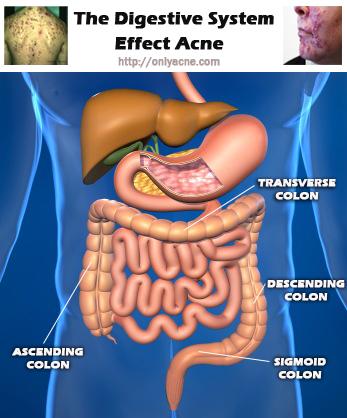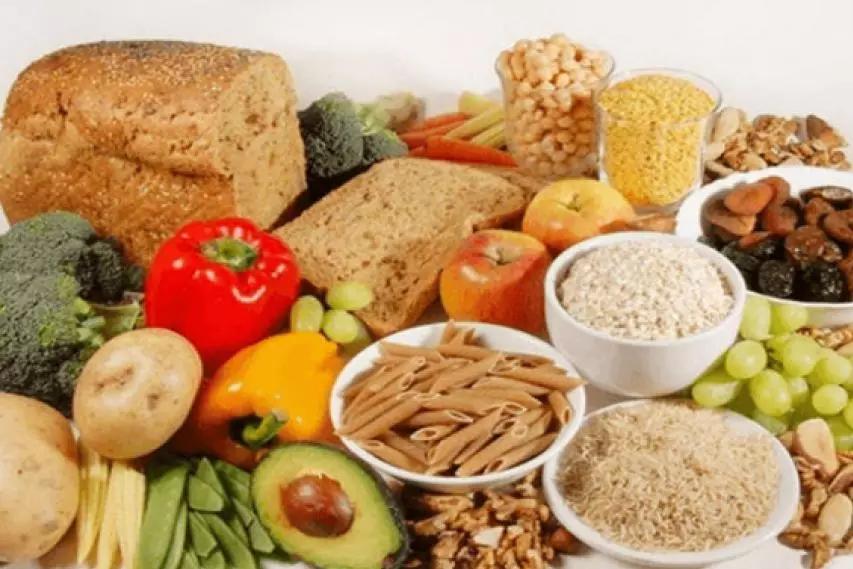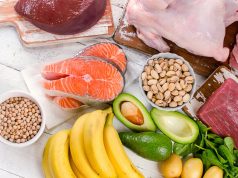In today’s fast-paced world, where convenience often trumps nutrition, many of us find ourselves grappling with digestive discomfort. Whether it’s bloating, indigestion, or irregular bowel movements, these issues can significantly impact our quality of life. But there’s hope. By understanding the powerful connection between what we eat and how we feel, we can take meaningful steps toward improving our digestive health. This article will guide you through practical, science-backed strategies to enhance your digestion through mindful and healthy eating. We recognize that everyone’s journey is unique, and with a little patience and the right information, you can pave the way to a happier, healthier gut.
Understanding Your Digestive System and Its Needs
Your digestive system is a complex network that breaks down the food you consume into nutrients, which your body uses for energy, growth, and cell repair. It’s essential to nurture this intricate system with care and attention. By incorporating certain dietary habits, you can enhance its efficiency and your overall well-being.
- Fiber-Rich Foods: Consuming foods high in fiber, such as whole grains, fruits, and vegetables, can aid in promoting regular bowel movements and preventing constipation.
- Hydration: Water plays a crucial role in digestion by helping dissolve nutrients and moving them through the digestive tract. Aim to drink plenty of water throughout the day.
- Probiotics: Include probiotic-rich foods like yogurt, kefir, and fermented vegetables to support the balance of good bacteria in your gut.
| Food | Benefits |
|---|---|
| Oats | High in soluble fiber, helps reduce cholesterol and regulate blood sugar. |
| Bananas | Rich in potassium, aids in restoring normal bowel function. |
| Yogurt | Contains probiotics, which promote a healthy gut flora. |
Listening to your body is crucial. Notice how it reacts to different foods and adjust your diet accordingly. By making conscious choices and adopting a mindful approach to eating, you can create a harmonious relationship with your digestive system.

Choosing Fiber-Rich Foods for Optimal Gut Health
Incorporating fiber-rich foods into your diet is a simple yet powerful way to boost your gut health. Fiber is essential for maintaining a healthy digestive system, and it comes in two main types: soluble and insoluble. Soluble fiber dissolves in water and can help regulate blood sugar levels and lower cholesterol. Insoluble fiber, on the other hand, adds bulk to the stool and aids in moving food through the digestive tract efficiently. To ensure you get the best of both worlds, aim to include a variety of fiber sources in your meals.
- Fruits and Vegetables: Apples, bananas, carrots, and broccoli are excellent choices that provide both types of fiber.
- Whole Grains: Foods like quinoa, brown rice, and whole wheat pasta not only add fiber but also keep you feeling full longer.
- Legumes: Lentils, chickpeas, and black beans are packed with fiber and protein, making them a great addition to salads and soups.
- Nuts and Seeds: Almonds, chia seeds, and flaxseeds offer a healthy dose of fiber along with beneficial fats.
For a quick reference, here is a table highlighting some high-fiber foods and their fiber content:
| Food | Fiber Content (per 100g) |
|---|---|
| Chia Seeds | 34g |
| Black Beans | 15g |
| Broccoli | 2.6g |
| Apples | 2.4g |
By thoughtfully selecting fiber-rich foods, you can support your digestive system and promote a balanced gut microbiome. Remember to increase your fiber intake gradually and drink plenty of water to help your body adjust to the change.

Incorporating Probiotics and Fermented Foods into Your Diet
Embracing probiotics and fermented foods can be a game-changer for your digestive health. These nutrient powerhouses not only support gut flora but also enhance nutrient absorption and boost your immune system. Consider incorporating the following foods into your diet:
- Yogurt: A versatile choice, rich in probiotics, that can be enjoyed with fruits or as a base for smoothies.
- Kefir: A tangy, fermented milk drink that offers more probiotic strains than yogurt.
- Sauerkraut: Fermented cabbage that’s a great side dish or salad topping, rich in fiber and vitamins.
- Kimchi: Spicy fermented vegetables that add a flavorful kick and beneficial bacteria.
- Kombucha: A fizzy, fermented tea that’s a refreshing alternative to sugary drinks.
- Miso: A savory fermented soybean paste perfect for soups, dressings, and marinades.
To help you decide which options might best fit into your lifestyle, here’s a quick comparison of some popular choices:
| Food | Probiotic Content | Flavor Profile |
|---|---|---|
| Yogurt | Moderate | Creamy & Mild |
| Kefir | High | Tangy & Tart |
| Sauerkraut | High | Sour & Crunchy |
| Kimchi | Moderate | Spicy & Pungent |
Incorporating these foods into your meals can be as simple as swapping out less healthy options or adding them as toppings and sides. Remember, balance is key, and gradually introducing these foods will allow your digestive system to adjust comfortably. Listen to your body and enjoy the journey towards improved digestion and well-being.

Staying Hydrated and Mindful Eating Practices for Better Digestion
Maintaining optimal digestion is not just about what you eat, but also how you consume it. Hydration plays a pivotal role in breaking down food and absorbing nutrients. Aim to drink water consistently throughout the day, as this helps to keep digestive juices flowing smoothly. Consider incorporating hydrating foods such as cucumbers, oranges, and watermelon into your diet.
- Start your day with a glass of water to kickstart your metabolism.
- Carry a reusable water bottle to remind yourself to drink regularly.
- Infuse your water with mint or lemon for added flavor and digestive benefits.
Mindful eating is another cornerstone of good digestion. This practice involves being fully present during meals, which can significantly enhance the digestive process. Try to eat slowly, savor each bite, and listen to your body’s hunger and fullness cues. This not only aids in better digestion but also promotes a more satisfying and enjoyable eating experience.
| Mindful Eating Tips | Benefits |
|---|---|
| Chew thoroughly | Improves nutrient absorption |
| Avoid distractions | Prevents overeating |
| Focus on flavors | Enhances meal satisfaction |








































